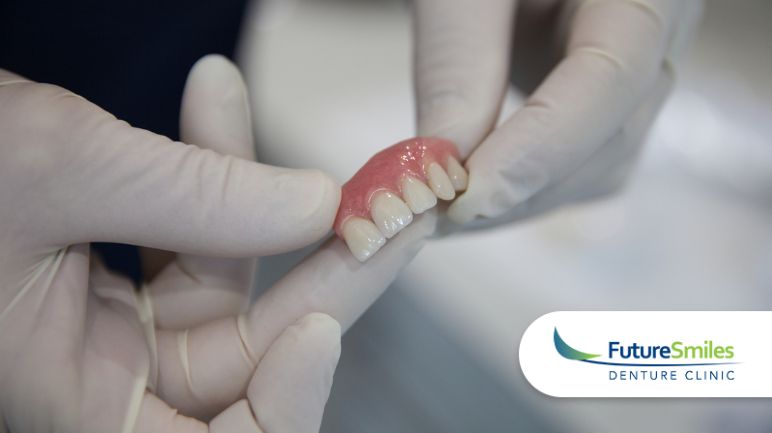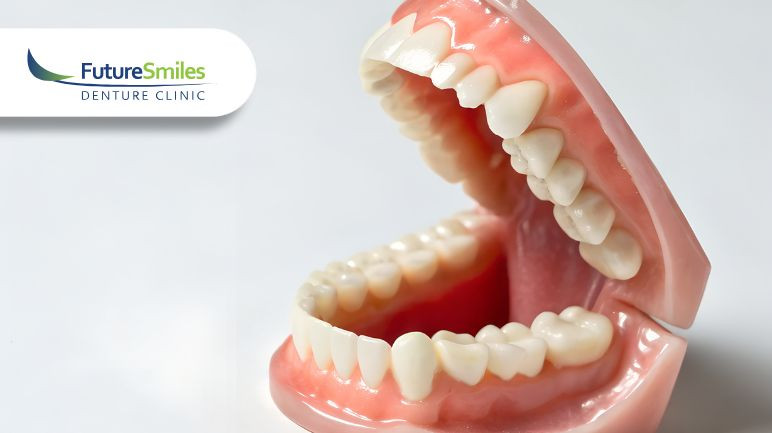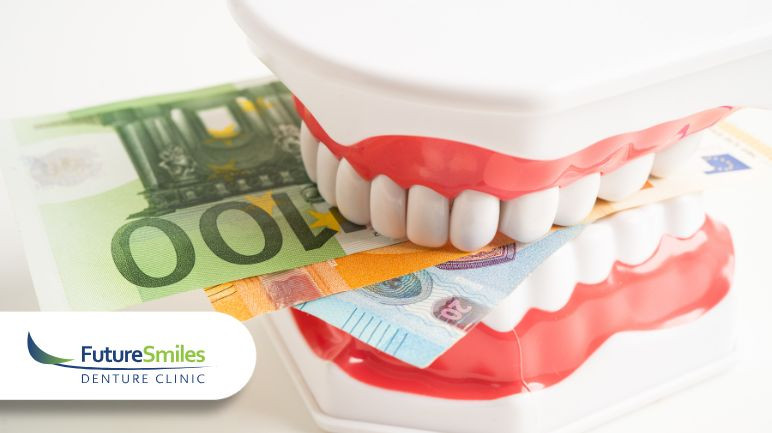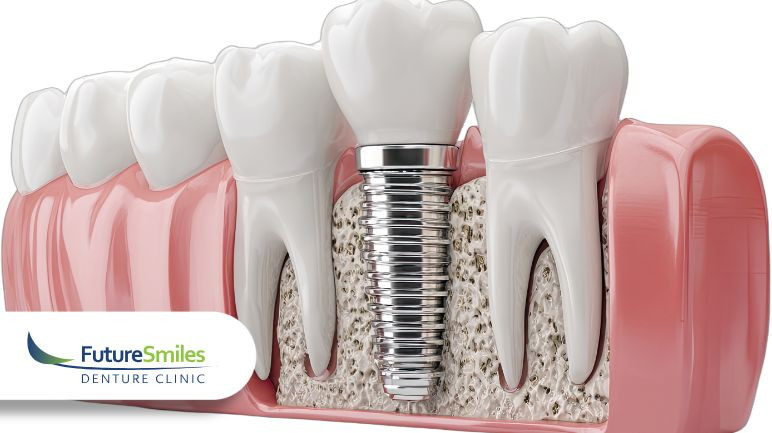Every denture wearer knows the sense of security and confidence their dentures provide, allowing them to speak, eat, and smile without hesitation. But, like many good things in life, unexpected mishaps can occur. It's not uncommon for dentures to sustain damage or breakage, putting wearers in a tight spot. In such moments, understanding the causes of these emergencies and their potential solutions can be truly reassuring.
While no one anticipates denture damage, being informed about the common causes and the most effective repair solutions can empower wearers to navigate such situations with clarity and calm. This article delves into the why and how of emergency denture repairs.
Common Causes of Denture Damage
- Wear and Tear: Dentures are designed to be durable, but they aren't invincible. Over time, the consistent pressures from biting and chewing can cause them to wear down, crack, or even break.
- Accidental Drops: A momentary lapse in attention can lead to dentures slipping from hands and landing on hard surfaces. Such impacts can result in chips, cracks, or fractures.
- Improper Fit: Dentures that don't fit well can cause uneven pressures during chewing, leading to potential breakage. Additionally, our gums and bone structure change over time, which can result in a denture becoming loose or ill-fitting.
The Dangers of DIY Fixes
- Temporary At Best: Many may be tempted to reach for superglue or DIY repair kits when faced with a broken denture. While these might seem to fix the issue momentarily, they often don't provide a lasting solution.
- Potential Health Risks: Using non-dental adhesives can introduce toxic substances into the mouth. These can be harmful when ingested or inhaled and can irritate oral tissues.
- Further Damage: Improper repair attempts can worsen the damage, making professional repairs more complex and potentially more costly.
Professional Solutions & Their Benefits
- Expert Assessment: Dentists or prosthodontists can evaluate the extent of the damage and determine the best course of action. Sometimes, simple repairs can be done on the same day, while other times, more extensive work might be necessary.
- Durable Repairs: Professionals use materials specifically designed for denture repairs. These not only ensure a proper fit but also offer longevity, ensuring that the repaired dentures can withstand daily pressures.
- Opportunity for Re-assessment: A denture mishap might be an indication that it's time for a new set or adjustment. By seeking professional help, wearers can ensure that their dentures fit well, reducing the risk of future breakages and enhancing comfort.
Dentures play a pivotal role in many people's lives, offering both functional and aesthetic benefits. Like all valuable things, they require care, attention, and sometimes, repair. While the initial panic of damaged dentures is natural, it's essential to approach the situation with knowledge and caution. By understanding the common culprits behind denture emergencies and the merit of professional repairs, wearers can continue to smile with confidence, knowing they're making the best choices for their oral health.
Written on behalf of Future Smiles Denture Clinic.
FAQ
Q: What are the most common causes of denture damage
A: The primary causes include wear and tear from daily use, accidental drops or impacts, and an improper fit which can lead to uneven pressures during use.
Q: Why should I opt for professional denture repair over a DIY fix?
A: Professional repair ensures a durable solution using materials specifically designed for dentures. It also provides an opportunity for expert assessment and potential adjustments for a better fit.
Q: Is a damaged denture an indication that I might need a new set?
A: Not always, but recurring issues or significant damage might suggest that a new set or adjustment is necessary. Seeking professional advice can help determine the best course of action.







